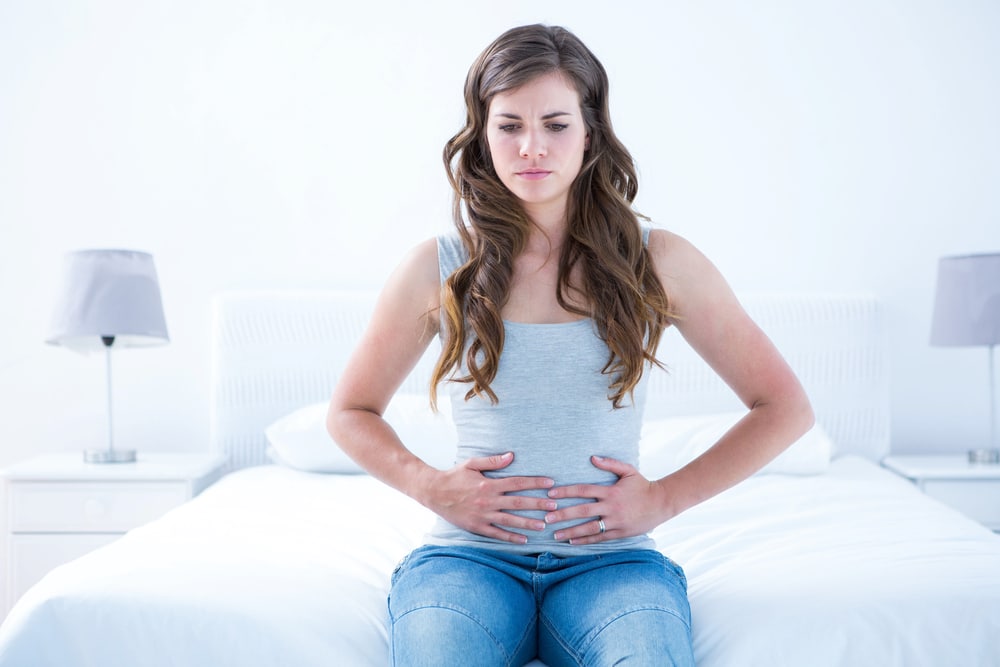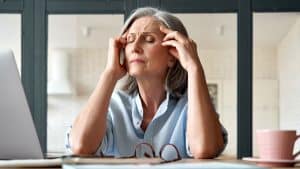While I certainly can’t and would not pretend to know what it’s like, I have heard about premenstrual syndrome (PMS) from some of the women in my life, and it does not sound pleasant! Bloating, discomfort, cramps and more are all part of this condition, which occurs from the hormonal changes that take place as a woman’s period approaches.
In cases of severe PMS symptoms, it’s best to speak to your doctor for assistance, especially since this could mean something else is going on. If you have mild or moderate symptoms, however, you can try some of the natural approaches below for some relief.
Herbal remedies
While there are many herbal therapies that claim to treat PMS, a lot of these claims don’t have much to back them up. Some do, however. Chasteberry, for example, was shown to reduce PMS symptoms when compared to a placebo, and with minimal side effects, as noted by Heathline (https://www.healthline.com/nutrition/vitex#what-it-is). The recommended dosage is 20 to 40 mg per day, and it’s available over the counter. Swedish pollen extract also may help with PMS. Before you take any herbal supplements, be sure to talk to your doctor.
Acupuncture
In some smaller studies, acupuncture has been shown to help ease the emotional and physical symptoms of PMS. Be sure you go to an acupuncturist who is licensed by a professional organization as this will help ensure the care and technique levels. If the thought of this ancient practice brings the image of large needles to mind, know that acupuncture involves the use of thinner needles of various sizes, depending on what is being treated.
Magnesium
Low levels of magnesium have been increasingly linked to mood changes in women and men alike. Supplementing with magnesium in the second half of your ovulation cycle is a solid option for women who largely have mood-related PMS symptoms. This may also help with bloating, as noted by WebMD (https://www.webmd.com/women/pms/supplements-help-with-pms).
Cognitive Behavioral Therapy
Therapy is used successfully in the treatment of anxiety and depression, and some women may find that it helps with PMS as well. While it’s important to note that the studies are conflicting on how just effective therapy is for PMS, if you have largely mood-related symptoms, cognitive therapy may help. When your biggest symptom is anxiety, stress-busting activities such as practicing mindfulness, yoga and meditation can also be good options.




